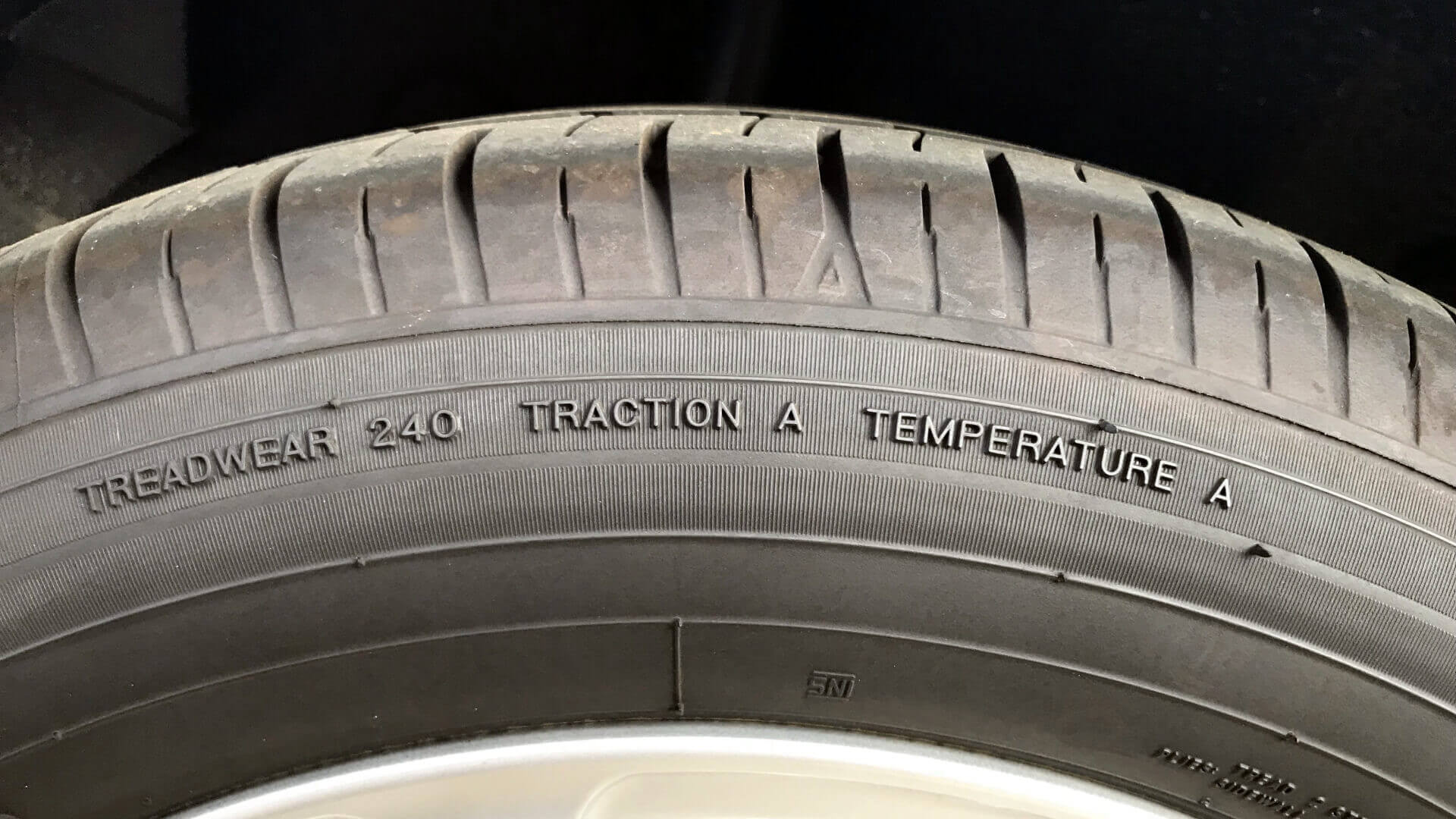You would never think of keeping the same tires on your car or truck forever, would you? The same goes for the tires of your trailer or RV! Even if you don’t use your RV as frequently as your car, tires will nevertheless deteriorate over the years, even if they are in storage.
That’s why it’s important to pay special attention to the tires of your trailer, so that you can detect the slightest signs of wear… even if they’re not completely worn out!
Lifespan of a trailer tire

Generally speaking, we can say that the life of a trailer tire, under normal conditions, varies between 5 and 7 years. Of course, if you own a motor home and spend your days on the road, the life of your tires could be shorter. However, it is important to keep in mind that driving a trailer with tires that are older than 5 years greatly increases the risk of getting a flat tire. Are your tires in storage? Rubber also deteriorates over time, so check them frequently!
If the tread depth on your tires is less than 1/16 of an inch or if the wear indicator is visible in the rubber, replace them immediately.
But knowing when to change the tires on your trailer is not just a matter of looking for signs of wear; other indications can help you determine if your tires need to be replaced soon.
The DOT

What is the DOT? DOT is a code that is engraved on the sidewall of the tire – on either side – that indicates the date when the tire was manufactured. This code always begins with DOT, followed by a series of letters and numbers. The numbers indicate the date, the first 2 specify the week of manufacture (between 01 and 52) and the last 2 specify the year.
Thus, a tire with the last 4 digits 2418 would have been manufactured during the 24th week of 2018. This code is very important even if your tires are stored or unused, since tires in storage will still deteriorate over time.
Picking the right tires
Among the many codes you’ll find on your tires, you’ll need to find the one that tells you if the tires are designed specifically for RVs. This is because when you buy tires for your vehicle, you need to get them in a specific size, such as 235/50R18. This series of numbers is preceded by one of the following letters:
- P (Passenger)
- LT (Light Truck)
- ST (Special Trailer)
A trailer tire will be preceded by the letters ST, so you’ll know that it was designed specifically for RVs and that it will give you the best performance.
Mileage
Mileage is the number of kilometers a tire can travel during its life, depending on its use. However, these are only averages, and mileage can vary drastically depending on a number of factors. For example, a tire that is over- or under-inflated, that carries too much weight, or which wears down unevenly will have a shorter life than you would expect.
That’s why you need to pay special attention to your trailer tires and take care of them so that they will perform at their best for many years to come!
Maintaining your trailer tires to optimize their lifespan

A few simple checks will help ensure that your tires perform at their best for as long as possible. Regular tire pressure checks will not only maximize the life of your tires, but also reduce fuel consumption.
What is the correct tire pressure?
You’ll find this information either in your trailer owner’s manual or, if it’s a motor home, on a sticker in the glove compartment or in the gas-tank door. But remember to always inflate your tires according to the manufacturer’s recommendations and not according to the information on the tire! This pressure should be checked regularly, at least once a month, and more often if you drive a lot.
Storage
If your tires are in storage, make sure they are stored properly, away from big changes in temperature. This will prevent the rubber from deteriorating too quickly and prevent you from having to change your trailer tires before they reach their maximum lifespan!







